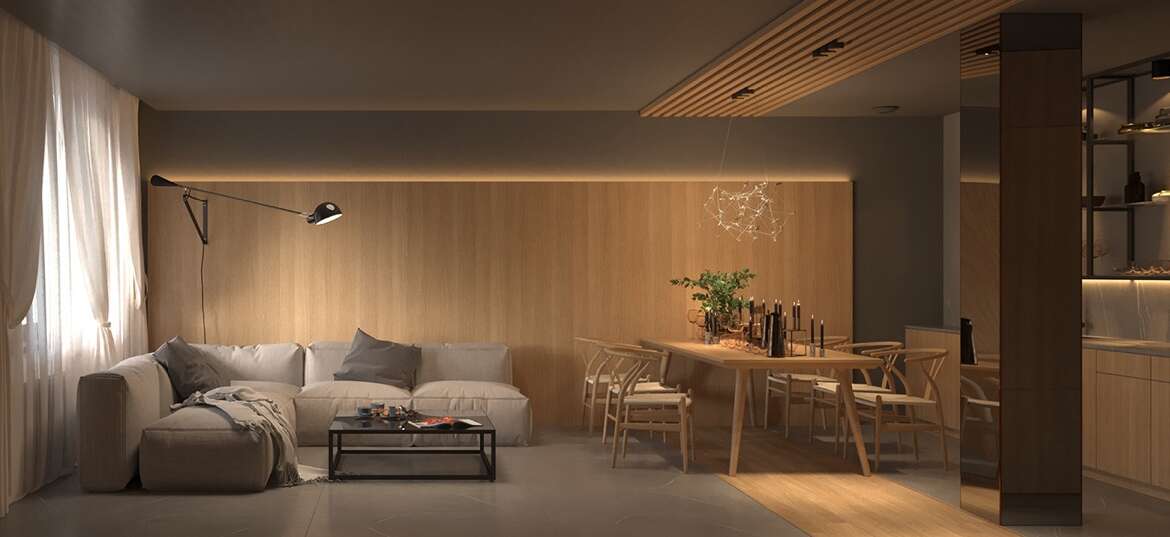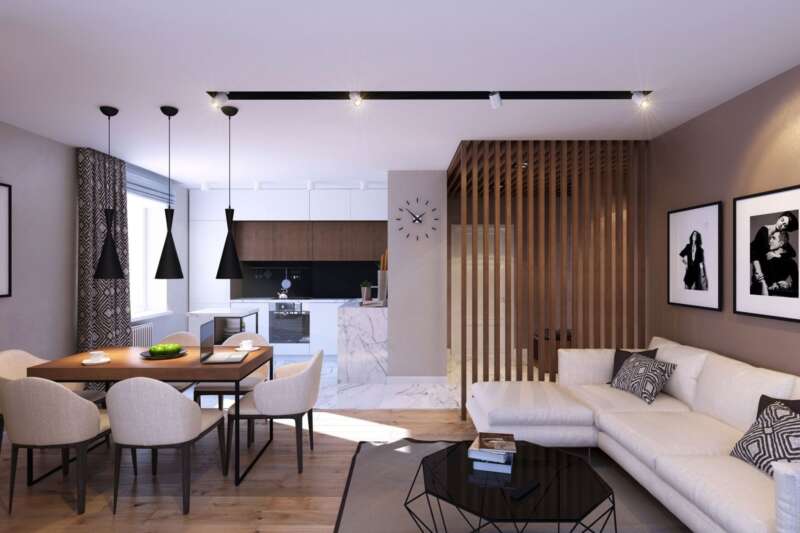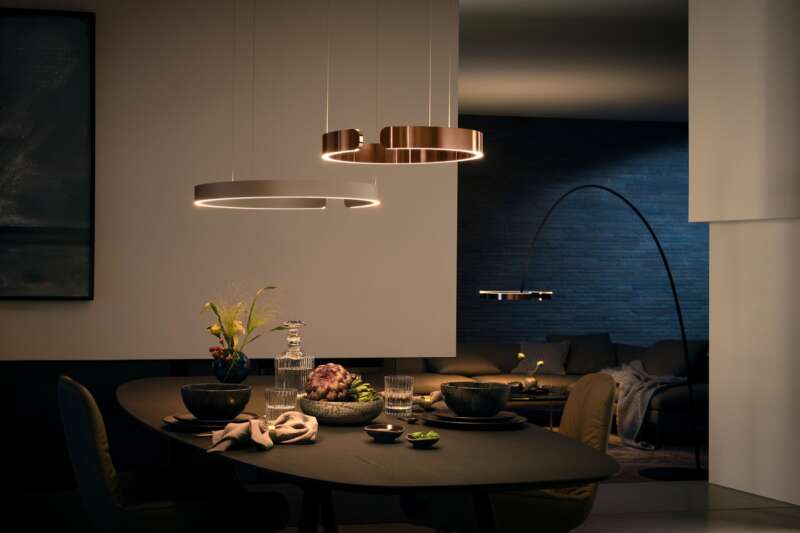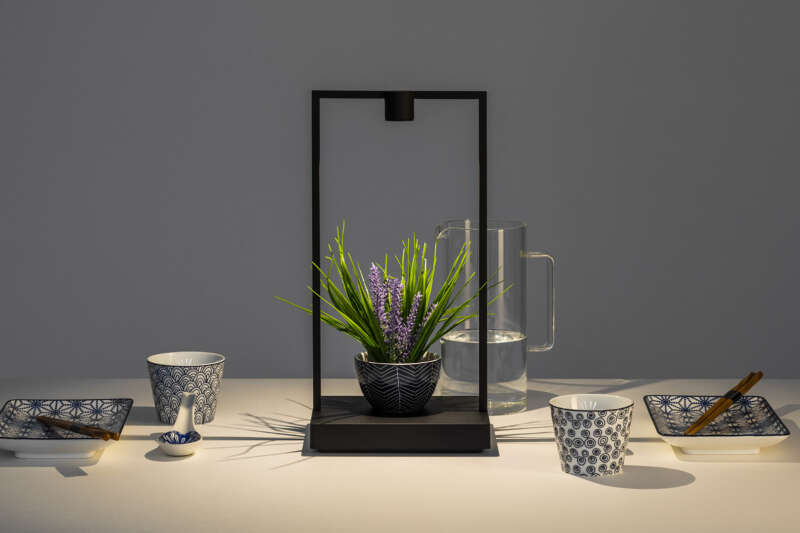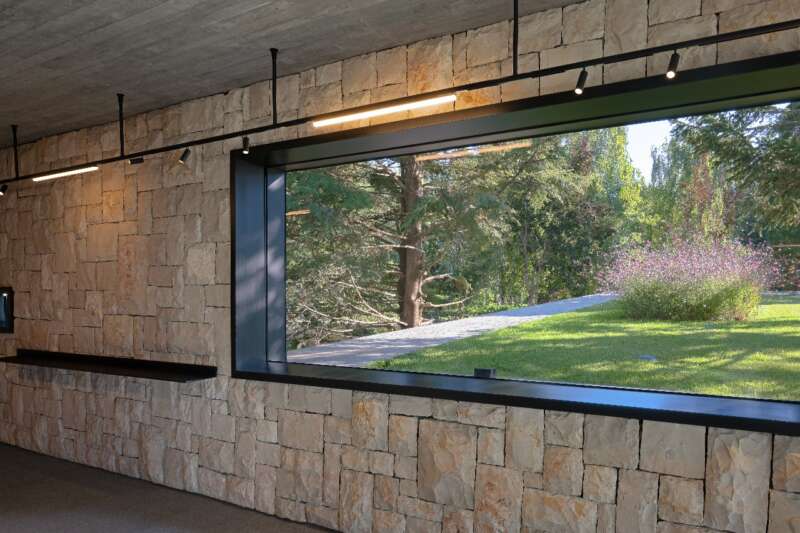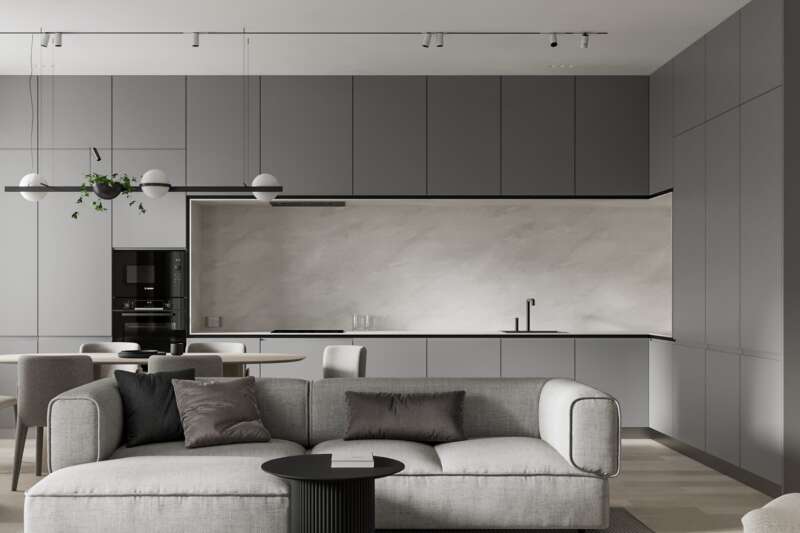Cozy Lighting on Valentine’s Day
Valentine’s Day is just around the corner, and many people are going to be pulling out all of the romantic stops. For those who are preparing to celebrate a new or old love, as well as those who are looking to make a meaningful connection this year, the following tips can help transform your home into a space that is cozy and inviting. Everyone knows how important lighting can be when setting a mood and we’re going to show you just how to do it.
There are a number of factors that go into setting the right mood. These are color temperature, brightness, contrast, and focal points. While you can set a nice mood with just a handful of these elements, ignoring the others, taking all of them into account can have a drastic impact on the overall experience.
Take Things Down a Notch
Perhaps the best way to use lighting to set a tone is by installing a dimmer switch. Today’s options offer great features, including the ability to control the lighting levels remotely. Dimmers offer the best of both worlds: you can have plenty of light when needed but can lower the light to create an intimate feel.
Choose Unusual Sources of Light
Another way to create a sense of romance is by bringing light into a space in unusual and interesting ways. String lights are incredibly versatile, and bring a soft, romantic glow to any room. Best of all, they are also inexpensive and easy to move into different configurations.
Color Temperature
Color temperature is what people usually think of when they consider whether lighting is “romantic” or not. Even if they don’t know the term “color temperature,” they can tell right away whether the lights are too bright or too white. We used to use red incandescent bulbs to make a warmer light, but now there are LED strips that can display red light and are much more flexible (literally).
While red-emitting LED strips may only be used on occasion for romantic lighting, warm dimming LED bulbs can be used in conventional settings throughout the day. Warm dimming LEDs can be dimmed from a higher to a lower color temperature, changing the quality of the light to feel warmer to the eye. This premium warm-dimming LED from Soraa, for instance, can be lowered from 2700K to 1800K.
Brightness
Color temperature plays a big role, and a too-high rating can make the light look too white or even blue, brightness can also kill a mood, even if the color temperature is right.
We’ve talked about warm dimming bulbs above, but dimmers can be used with any light to turn them down. Dimmer switches won’t lower the color temperature of a bulb, but will make it so the bulb emits less light, letting more darkness fill the room.
Contrast
The amount of light in a room and objects in it will also help or hurt contrast. Black objects don’t reflect light as well as lighter objects, and lights with higher lumen counts will output more light than lower-lumen lamps or strips.
Focal Points
Finally, the lighting design portion of setting a romantic mood requires consideration of focal points. Objects in a room can be used to reflect various types or colors of light to create highlights. With other lights dimmed, these objects become the focal points of the room, so should be carefully chosen.
LED technology and the increasing affordability of LED lights have changed how easy (and safe) it is to set a romantic mood with lighting. Gone are the days of needing candles, a fireplace, or other potentially-dangerous light source to create low color temperatures. Consider using LED strips, warm dimming LED bulbs, dimmer switches, and high-CRI lights to set that perfect mood this Valentine’s Day.


